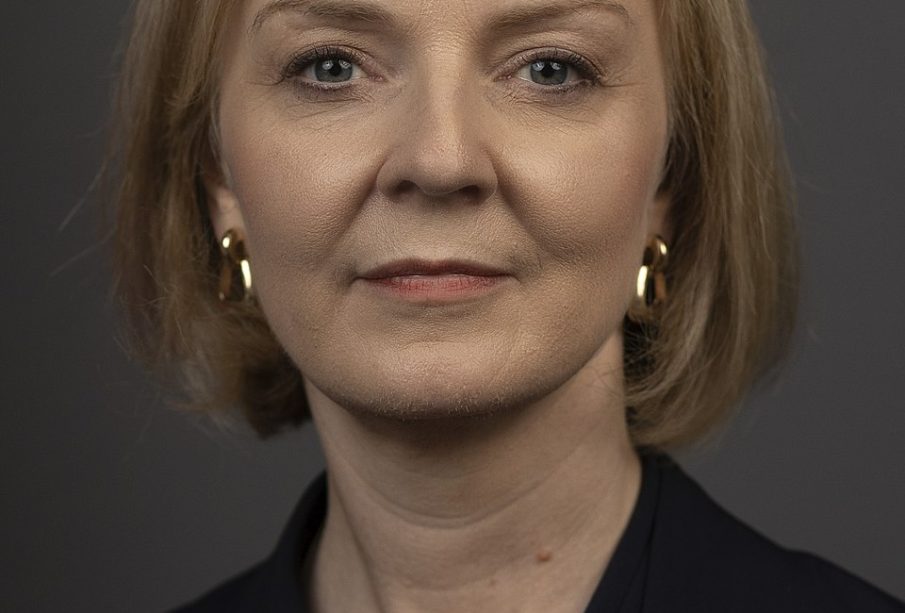An Insight into Liz Truss’s Political Journey and Influence

Introduction
Liz Truss, a prominent figure in British politics, has been making headlines as one of the country’s youngest and most dynamic leaders. Her tenure as Prime Minister, though brief, was marked by significant decisions that shaped economic policies and government strategies. Understanding her political journey is crucial as it reflects the shifting dynamics within the UK political landscape.
Political Ascent
Born in 1975, Mary Elizabeth Truss, commonly known as Liz Truss, has held various ministerial roles since being elected to Parliament in 2010. Truss quickly gained prominence for her roles in the Department for Education and the Department for International Trade, where she championed free trade agreements post-Brexit. Her elevation to Prime Minister in September 2022, after winning the Conservative leadership contest, marked a significant milestone in her career, although her premiership was unprecedentedly short-lived, lasting just 49 days.
Key Policies and Challenges
Truss’s government was characterized by bold economic initiatives, particularly her mini-budget aimed at tax cuts and energy support. However, the announcement led to immediate financial turmoil, resulting in a drop in the pound’s value and unsettling the markets. The reaction from both the public and the financial sector underscored the volatility of political confidence during her time in office. Subsequently, she faced significant backlash related to her handling of energy crises and spiralling inflation, attributed to both external pressures and internal policy mismatches.
A Reflection on Leadership
Her resignation in October 2022 was a shock to many, reflecting both the intensity of the political environment and the challenges of governing during a tumultuous economic period. Liz Truss’s swift departure not only reignited conversations about party unity within the Conservatives but also highlighted the ongoing debates surrounding leadership styles and economic strategies amongst UK politicians.
Conclusion
In the months following her resignations, discussions around Liz Truss’s legacy continue as analysts assess her impact on UK politics and the Conservative Party. Observers speculate about her potential return to the political scene and how her experiences might inform future policies within the government. As the UK navigates a complex economic landscape and evolving political pressures, understanding leaders like Liz Truss will be vital for grasping the future direction of British governance.









